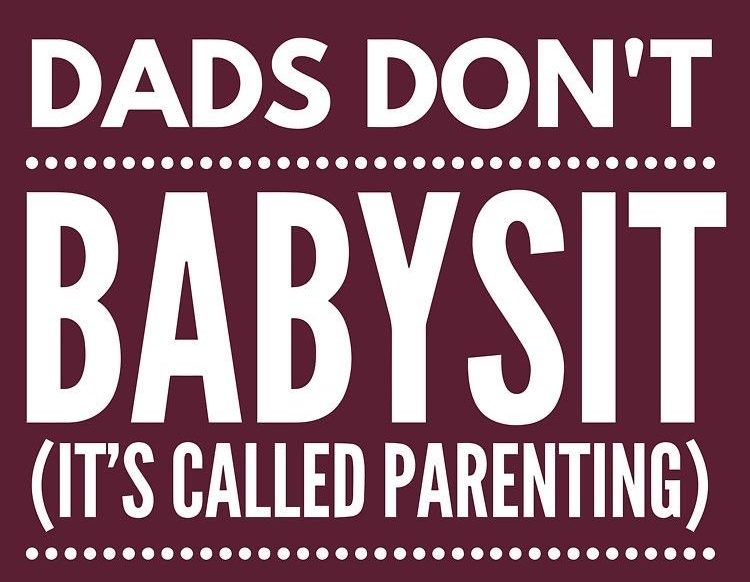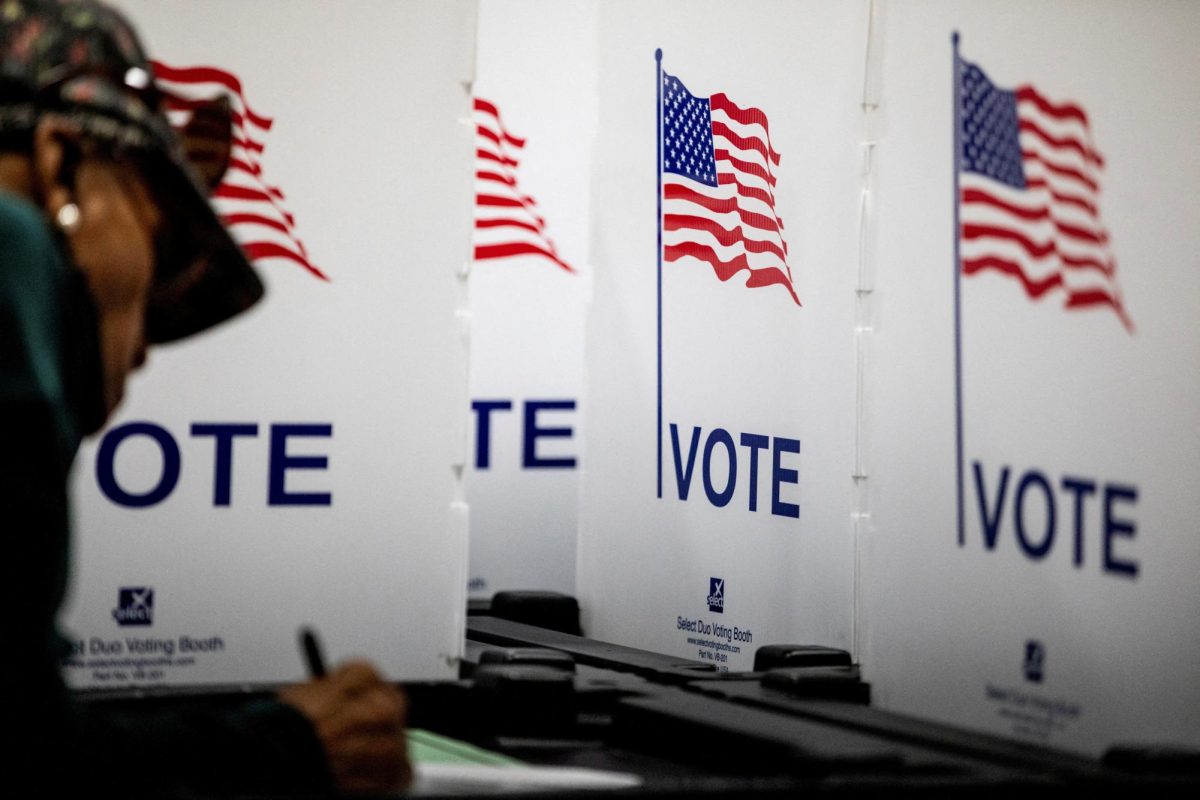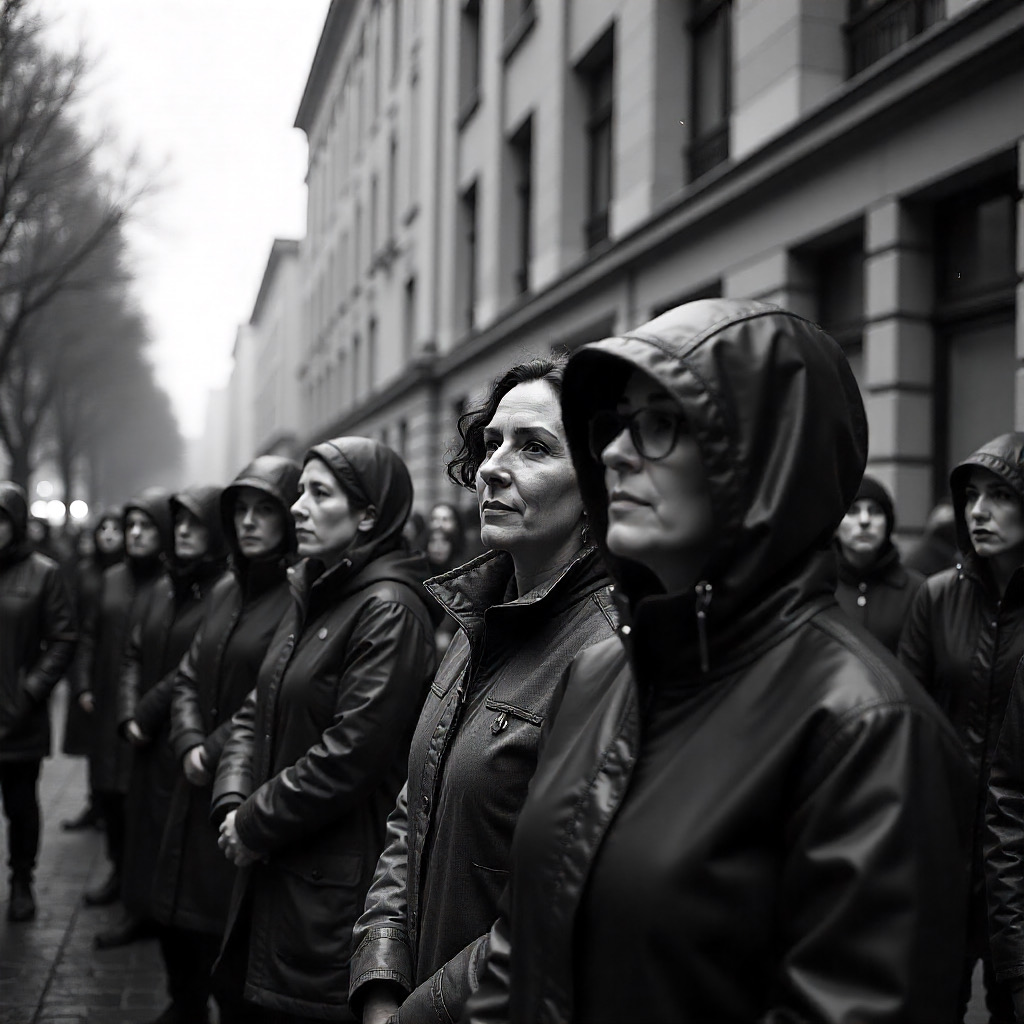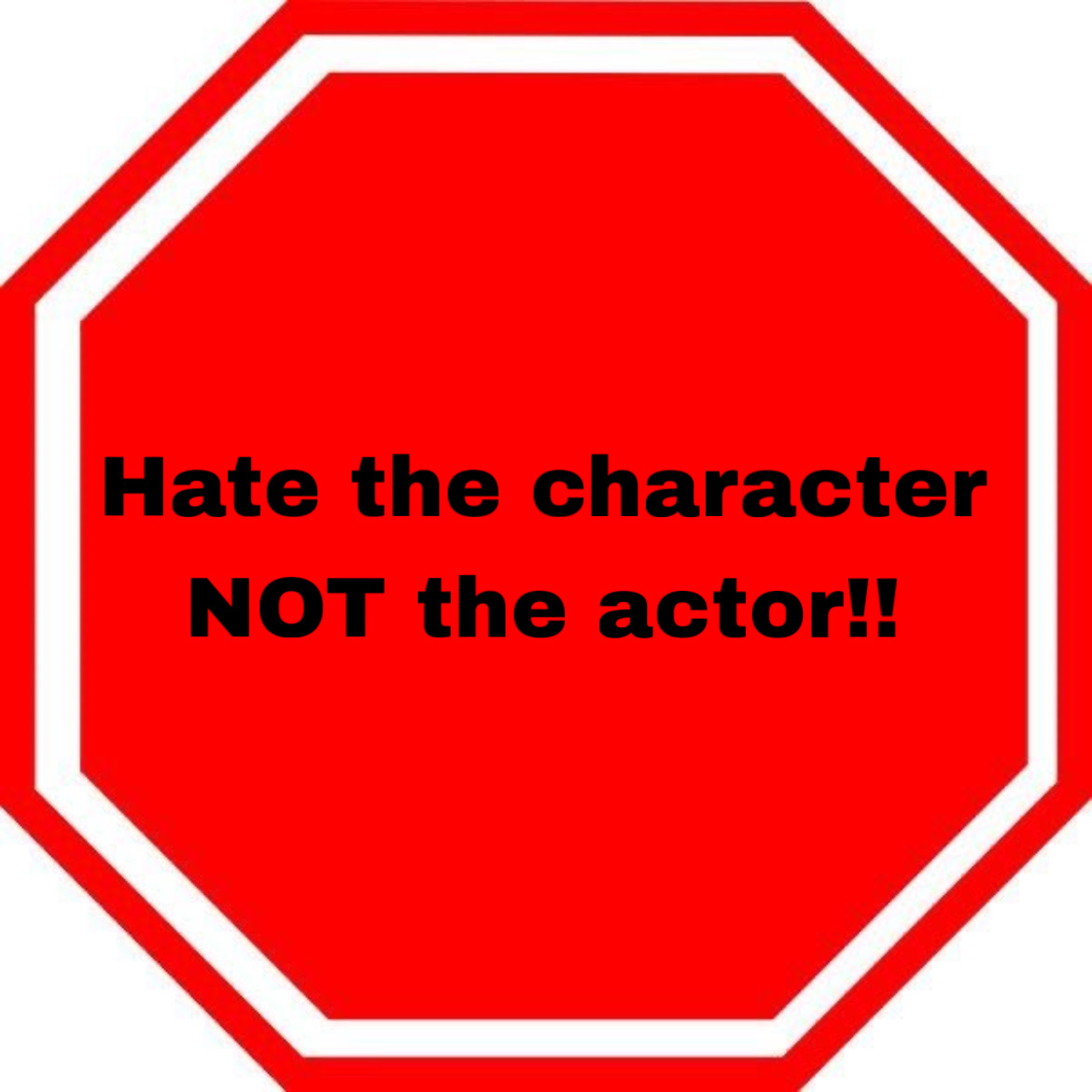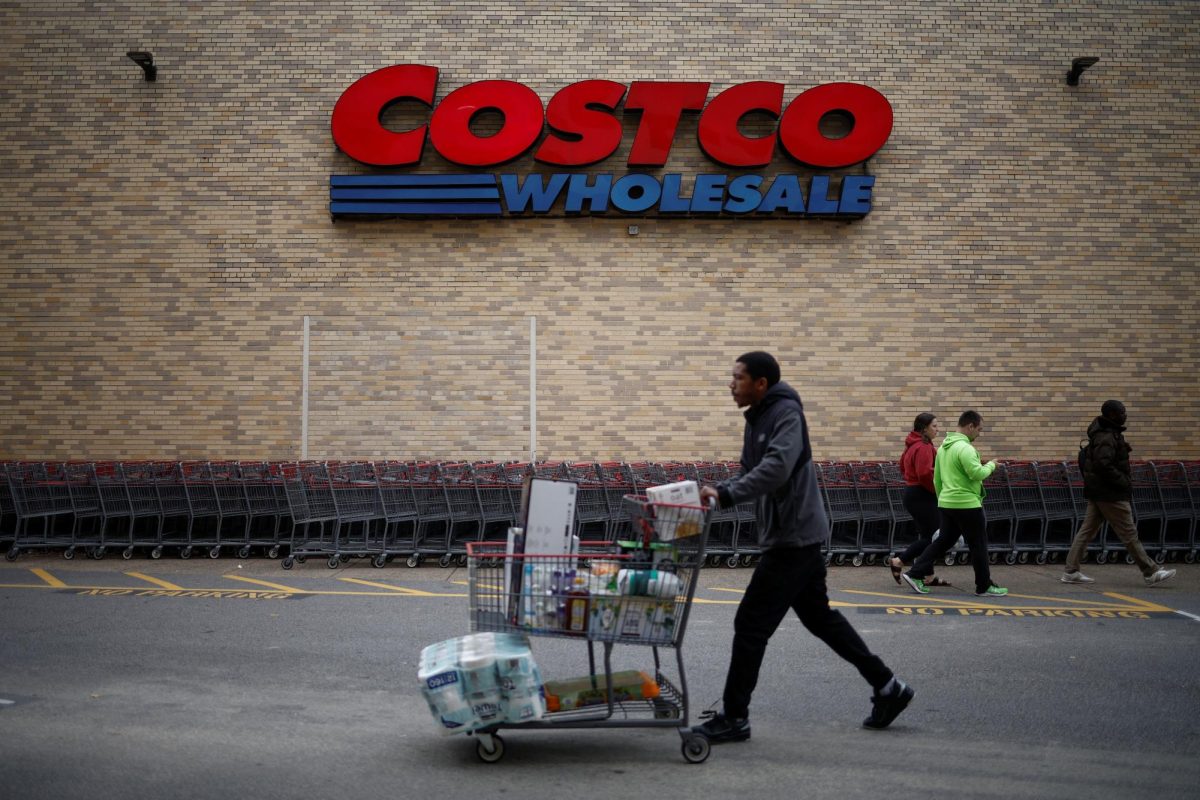No one babysits their own child. It’s called parenting, and maybe you shouldn’t be one if it feels like such a chore.
There are too many comments and jokes about fathers “having to babysit their own kids,” but in what world does parenting become babysitting just because you want to do the bare minimum? Parenting shouldn’t be treated like it was a favor asked of you. It should simply be done.
“It’s extremely insensitive and disrespectful. No parent babysits their kid. It’s too normalized for dads to treat being a parent as something that is secondary and not something that they chose. You don’t babysit your children. You do your job as a parent,” Kyndall Rios said.
It’s only funny when it’s about the father and never a laughing matter with the mother. You rarely hear any jokes about a mother just “babysitting her own child,” because she does the hard work and is completely responsible for doing so. Mothers don’t get breaks from being a mother, while fathers seem to get plenty of those breaks.
Fathers, let’s not act like you’re doing a part-time job and not your job as a parent.
“I definitely don’t think it would still be a laughing matter if it was an Uno reverse situation. Parenting responsibilities almost always are placed on the mother, so I feel in this situation she would be given some side eyes and judged for not being more attentive to her child,” Kyla Channita said. “From my own experience when I’ve witnessed men taking care of their child, they do the absolute bare minimum until mom comes in to save the day so dad can continue hanging out. Weaponized incompetence is not always the case, but it happens often.”
Perfection is a standard mothers don’t seem to have a choice but to meet, because society won’t shame a father for simply showing up. A mother is expected to be grateful that he’s even involved in the child’s life at all.
The expectations are incredibly unequal. A mom ordering takeout might be labeled “lazy” or “unfit,” but society gives different descriptions to a father for doing the same thing. He gets to be the “cool” or “fun” parent. The imbalance undermines the hard work of a mother. Why does she have to pull teeth to be considered a good mother, while he takes a leisurely stroll in the park and is praised as a good father?
“Yes. In the professional world, when women become moms, they often have their hours and pay decreased because they are expected to be the primary caretaker of their children. I have seen many videos on social media where fathers who are looking after their children refer to it as ‘babysitting,’ and there are usually a lot of comments complimenting those dads at how involved they are in the kids’ lives,” Michaela Quaas said.
“I can’t think of one example of a woman taking care of her own kids and that being called ‘babysitting.’ Also, in social settings, when moms go out with their kids, people aren’t afraid to ask them where their kids are and who is looking after them. Dads do not get asked the same question because, again, people assume that their mom is taking care of them.”
In a 2024 study, it was found that mothers handle 71 percent of household tasks that require mental effort, which is 60 percent more than fathers. Moms take on 79 percent of cleaning tasks and childcare, over twice as much as dads, and this is on top of balancing their job that brings in income. Even on the clock, she is actively still on mother time. She still has to worry and check in on her children. Way too often, the mental load of parenting is dumped onto the mother.
“To ease the imbalance of the mental load on mothers in the home, we need a cultural shift that promotes authenticity over perfection. Social media should be used to build a genuine community, and not as a platform for comparison, where only polished parenting moments are shared. We must also dismantle the unrealistic social pressures placed on mothers to appear flawless, never needing help or rest,” Julie Butler said.
“If more moms begin showing the unfiltered realities of parenting, it can foster empathy, reduce judgment and help mothers feel seen and supported. Recognizing that parenting is a shared responsibility, not one that should fall solely on mothers, is key to creating real balance.”



